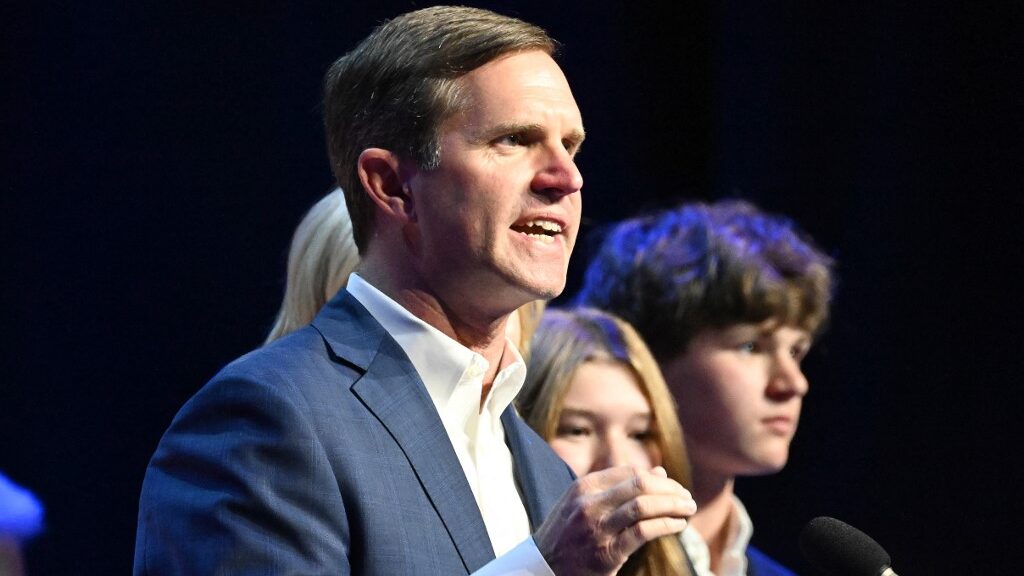
Kentucky Governor Andy Beshear reported that the Bluegrass State hauled in $8 million in revenue over the first two months since sports betting launched in September.
Early Success
Governor Beshear placed the very first legal sports bet in Kentucky at the iconic Churchill Downs, home of the Kentucky Derby. Hundreds of millions have been wagered since that initial bet by the governor and, according to the early returns, sports betting has gotten off to a terrific start.
The governor was quoted in the report as saying, “It is an incredible start, and if it continues, we will significantly exceed the $23 million in (annual) projected revenue from sports wagering. These tax dollars will support the oversight of sports wagering, establish a problem gambling fund, and primarily help our pension systems here in Kentucky.”
State Senate Majority Floor Leader Damon Thayer, a vocal proponent of bringing sports betting to Kentucky, has been critical of the governor throughout his tenure but proved to be a solid ally in the fight to make sports betting legal.
“We love our sports in the commonwealth. And people want to be able to make the choice —of their own free will— to make a wager on a sports event,” Thayer was quoted as saying.
Although Thayer will not be running for reelection in 2024, in which he spent 12 of his 22 years as the majority floor leader, his legacy will be inextricably woven into the fabric of the state’s sports betting history.
Numbers Don’t Lie
The early numbers are in and they are singing a sweet song that is music to the ears of the betting proponents who assured their constituents that the revenue would be worth the gamble in what is primarily a conservative state.
Mobile sports betting has dwarfed retail betting, as is the case in every other state where both are legal. Of the $656 million in total sports bets, $629.5 million has come via online sportsbooks or mobile wagering, leaving the remaining $26.8 as in-person betting wagers. That translates into nearly 96% of the bets have come through PCs or mobile devices.
Governor Beshear also reminded everyone that the bettors taking their betting bucks across the borders to neighboring states are now keeping their money inside state lines, and their losses are being turned into Kentucky tax dollars.
“Remember, before we legalized sports betting, this money was going to other states or the betting was being done illegally,” Beshear said.
Concerns, Criticisms, and Contrasts
But there were many opponents, which is why it took Kentucky so long to pass a sports betting bill. Todd Gray, the executive director of the Kentucky Baptist Convention, repeatedly decried the arrival of sports betting in the state.
“It’s often the poorest people in our communities that are the most vulnerable to the slick advertisement and the promise that DraftKings will put out -and FanDuel will put out- about get rich quick,” Gray said.
And he wasn’t alone, as David Walls, the executive director of The Family Foundation, said bringing sports betting to the masses would lead to “more broken families, increased addictions and divorce.” Walls added that the bill would “turn every iPhone in Kentucky into a digital casino.”
However, a portion of the funds from sports betting revenues is earmarked for problem gambling programs and treatment, while most of the tax money generated supports Kentucky’s public pension system.














